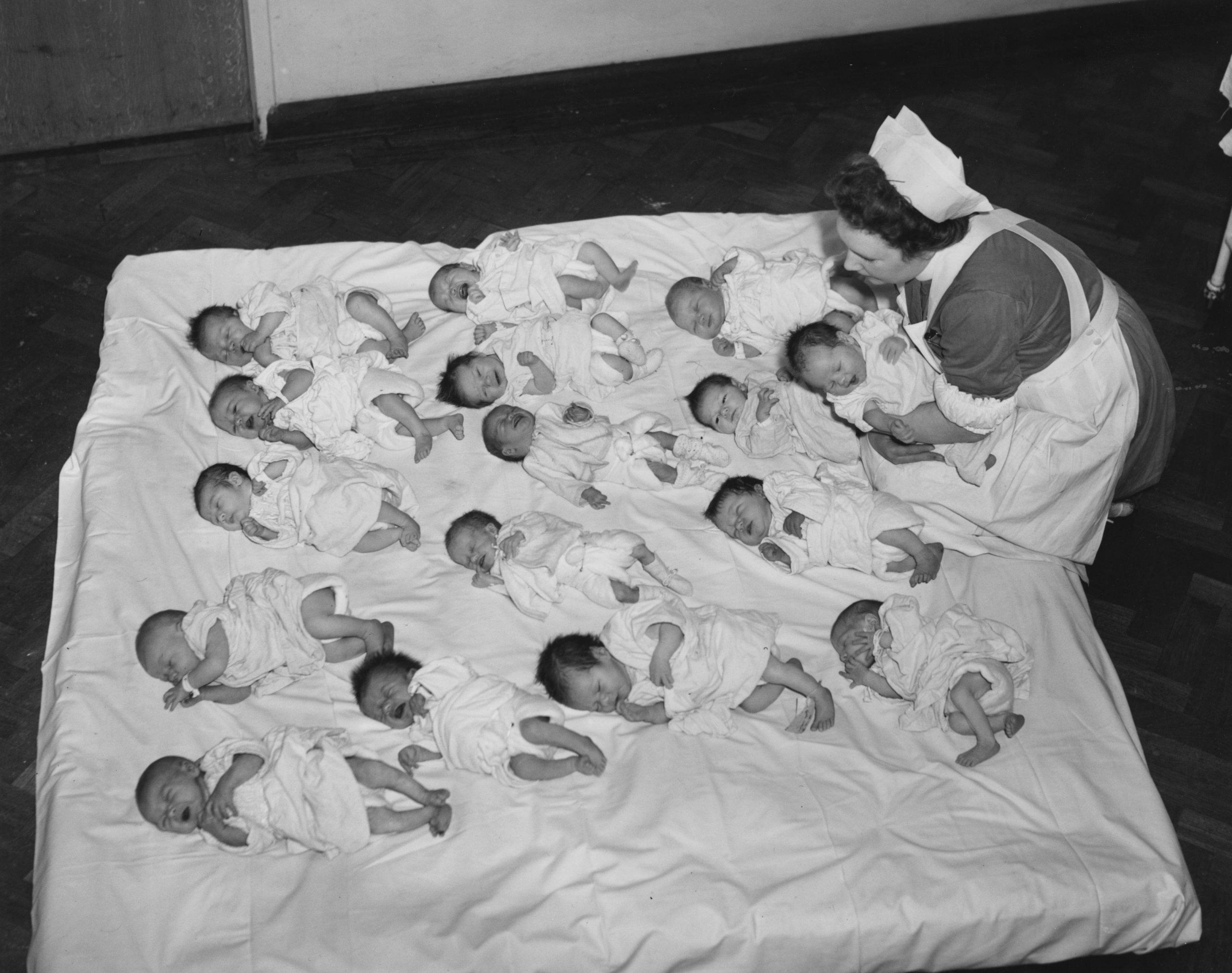
Last year, Katha Pollitt wrote an article for The Nation in which she asked why the left was simultaneously making progress with equal marriage while falling behind on abortion rights. “The media ,” she wrote, “present marriage equality and reproductive rights as ‘culture war’ issues, as if they somehow went together. But perhaps they’re not as similar as we think.”
She highlighted the ways in which the right can afford to cede ground on marriage equality while continuing to deny females bodily autonomy. She is right to do so. While both reproductive choice and gay rights may be classed as gender issues, each has its own very specific relationship to patriarchy.



